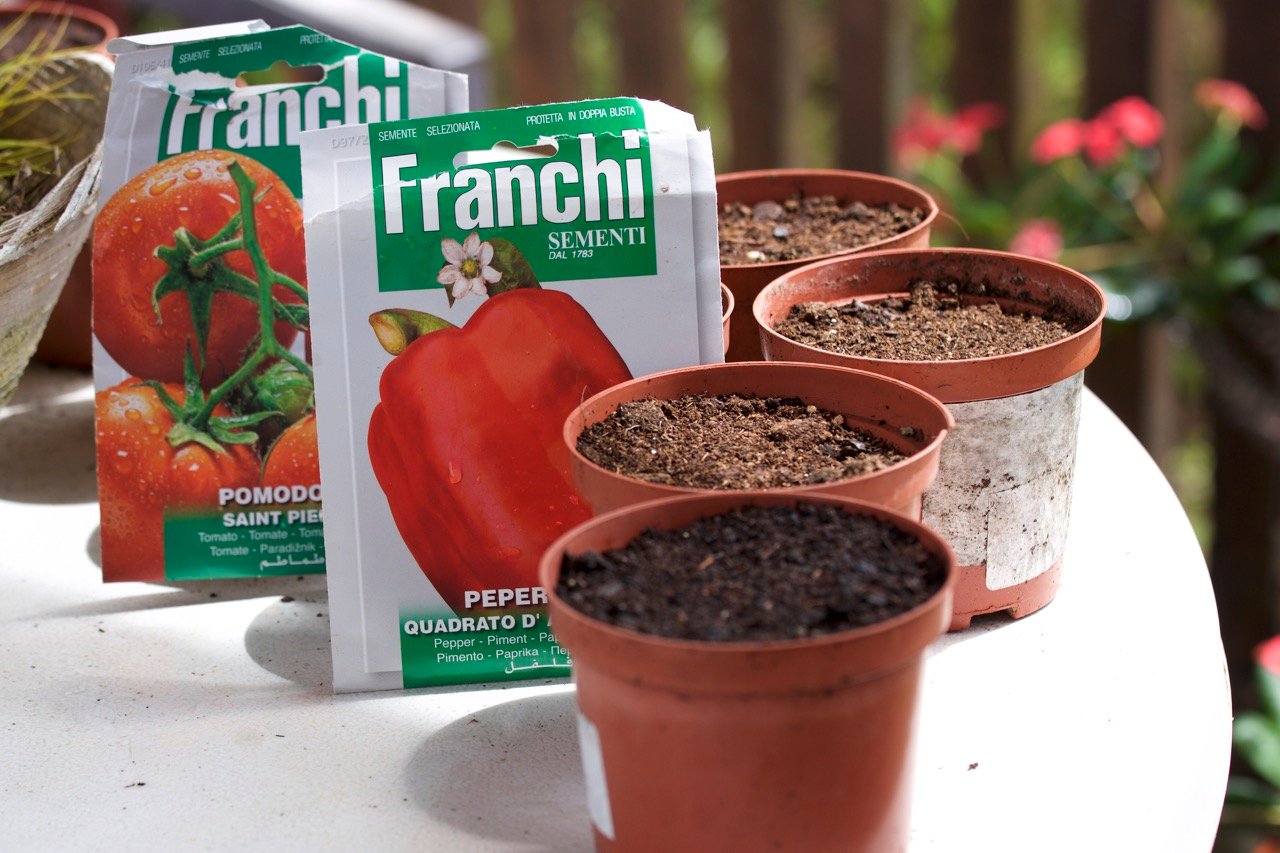
One of the first things we did when we moved to Suriname was to buy an above-ground pool. It served us well for many years but we decided to take it down and store it. It was getting rather expensive to maintain and we were not using it that much anymore.
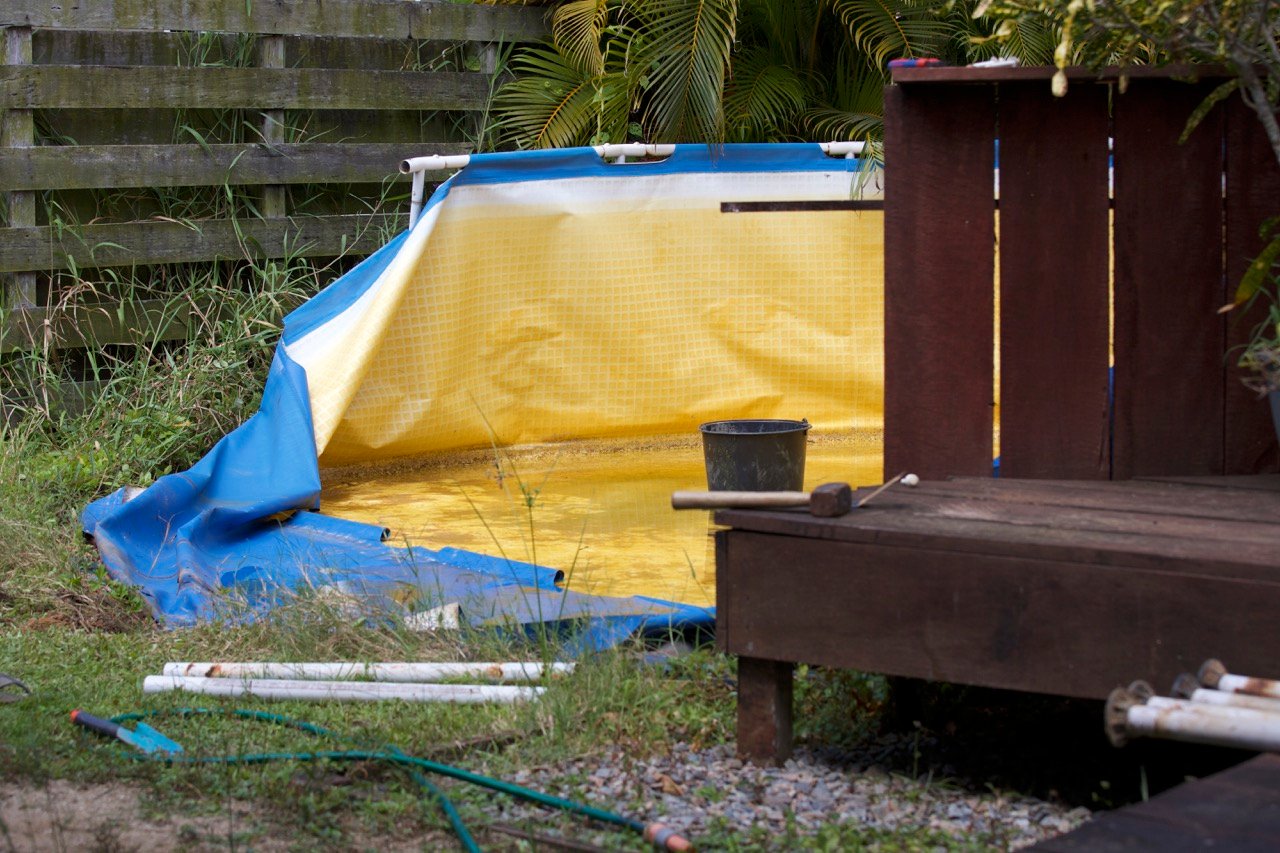
Taking down the pool looks easy but it was actually quite a lot of work. The fabric is extremely heavy and handling it is not easy. The cleaning was a nightmare but finally I got the job done and the pool is now clean and stored in the attic. Maybe we will use it in the future to grow tilapia and set up an aquaponics system.
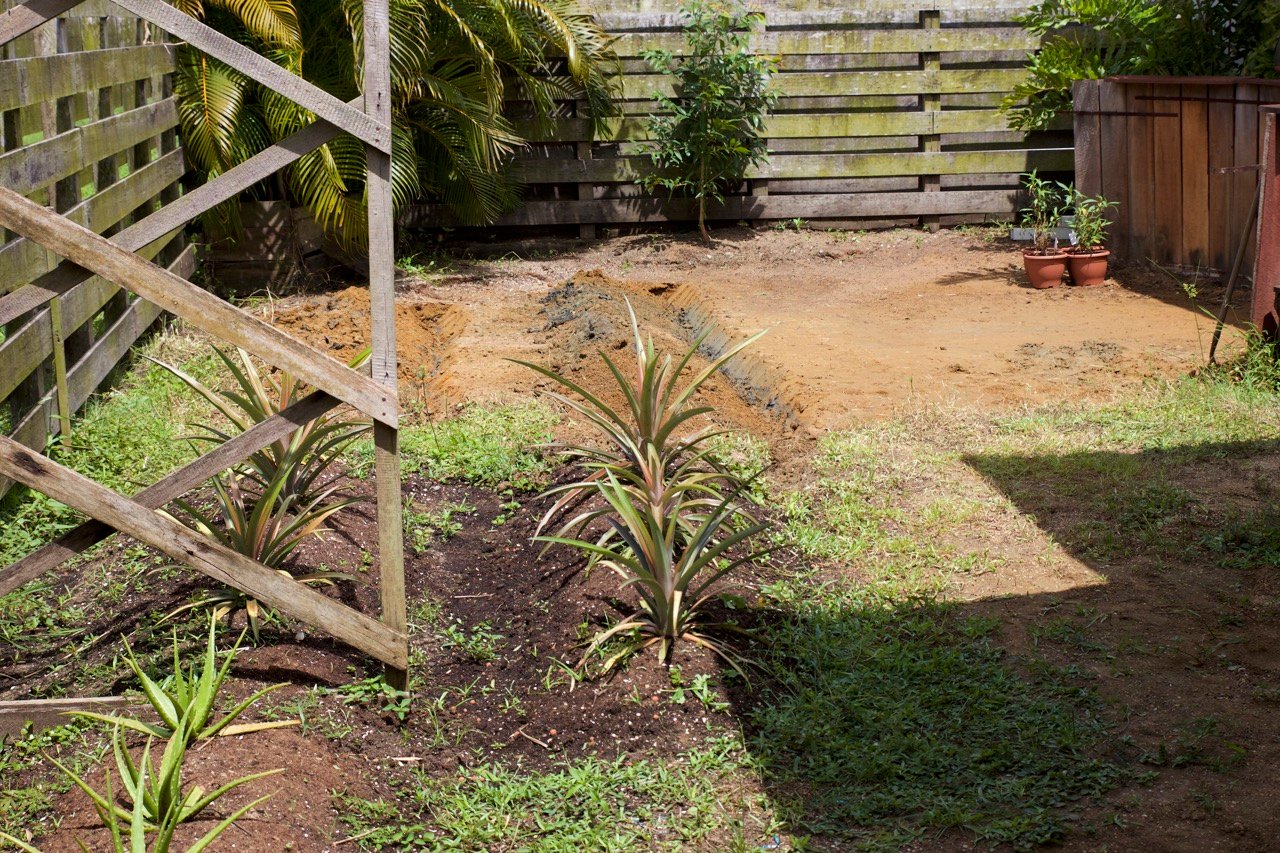
Now we have about 25 square meter of extra space in the garden and we decided to turn it into a vegetable garden. We are going to grow cabbage, tomatoes and peppers here. But first I have to prepare the soil.
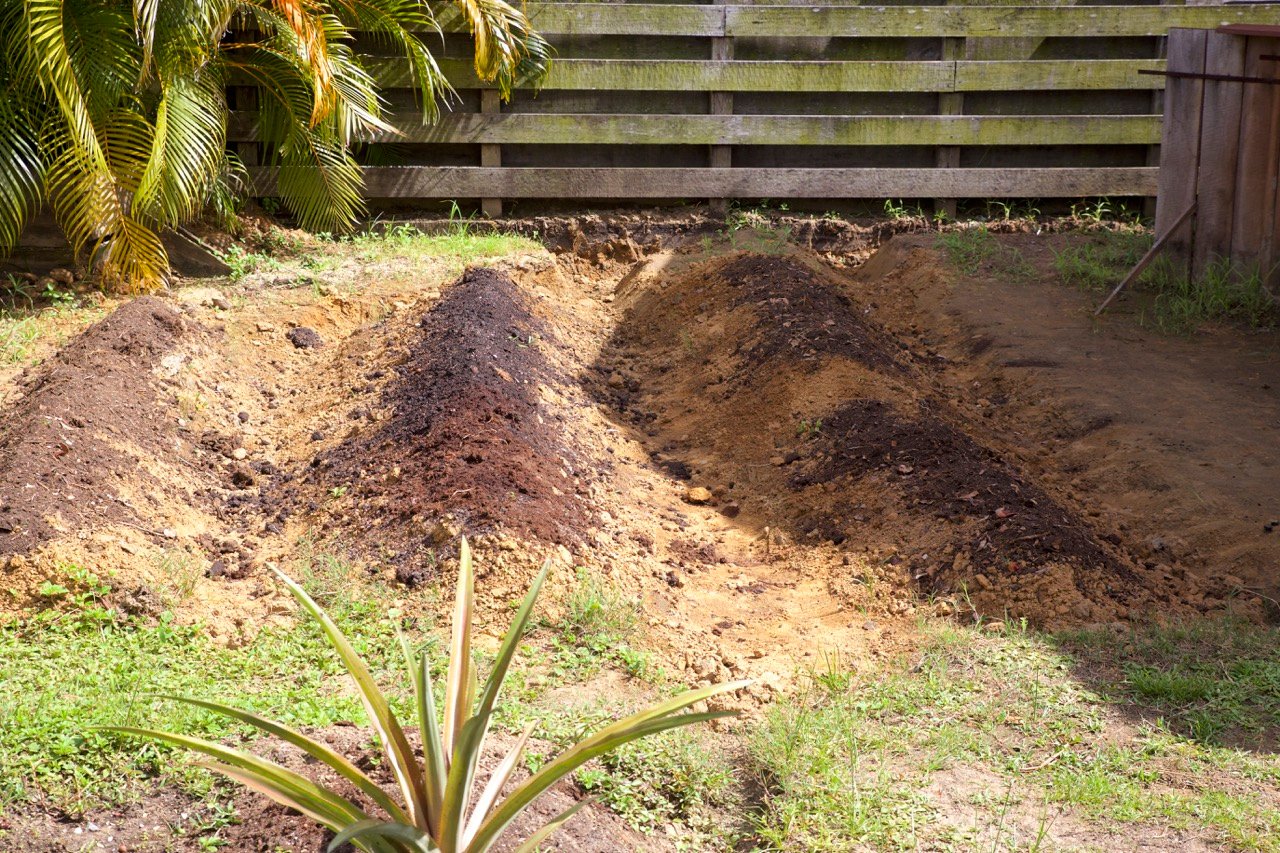
The biggest problem to grow vegetables here is the rain. During the rainy season we have massive downpours and the garden gets easily flooded. That’s why all vegetables here are grown on mounts.
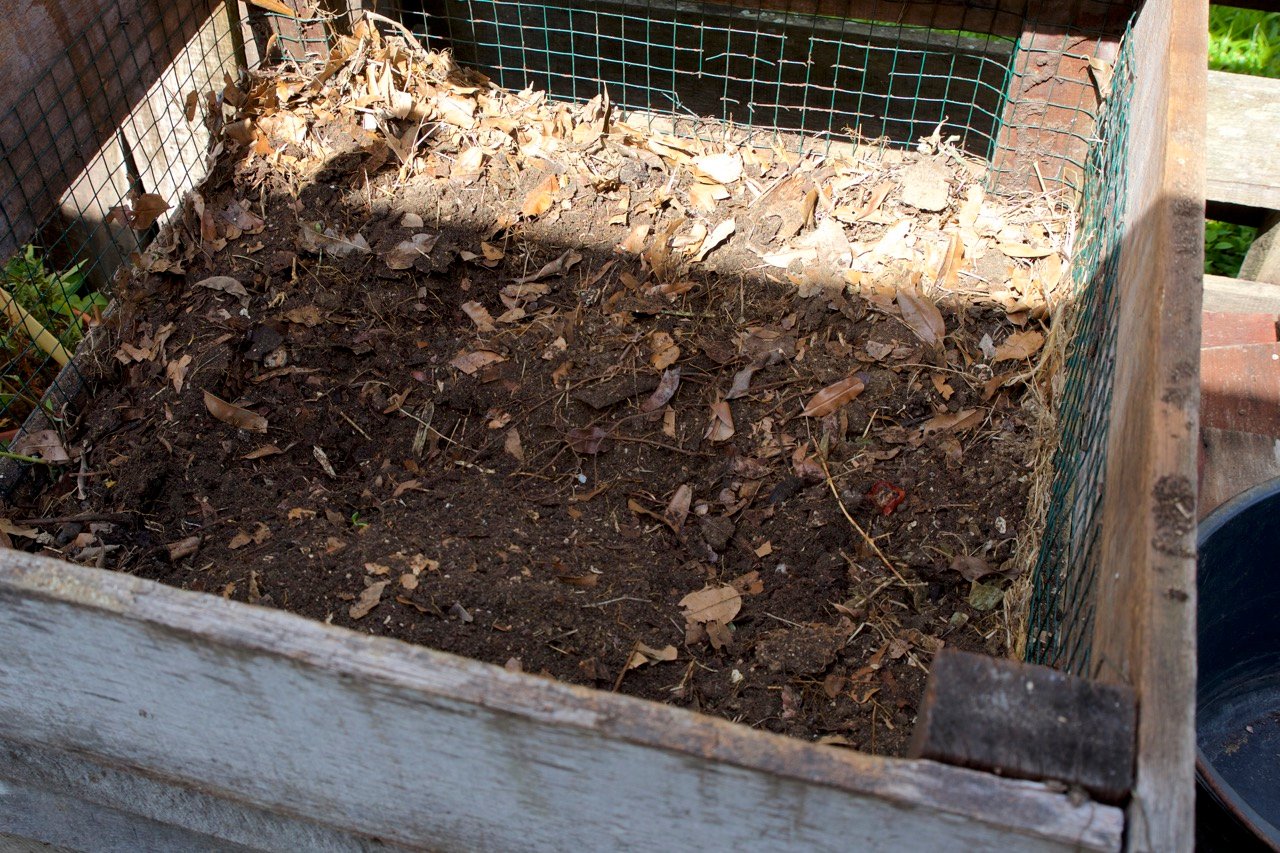
After the mounts were dug I put compost over it from the compost heap. After removing the top layer of un-composted material I was surprised to see how well everything had composted. I got about 400 litres of organic compost that I spread out over the mounts. More compost is needed however and we have to buy that. I hope that one day that will not be necessary any more and that I can produce all of the compost and mulch for the garden myself.
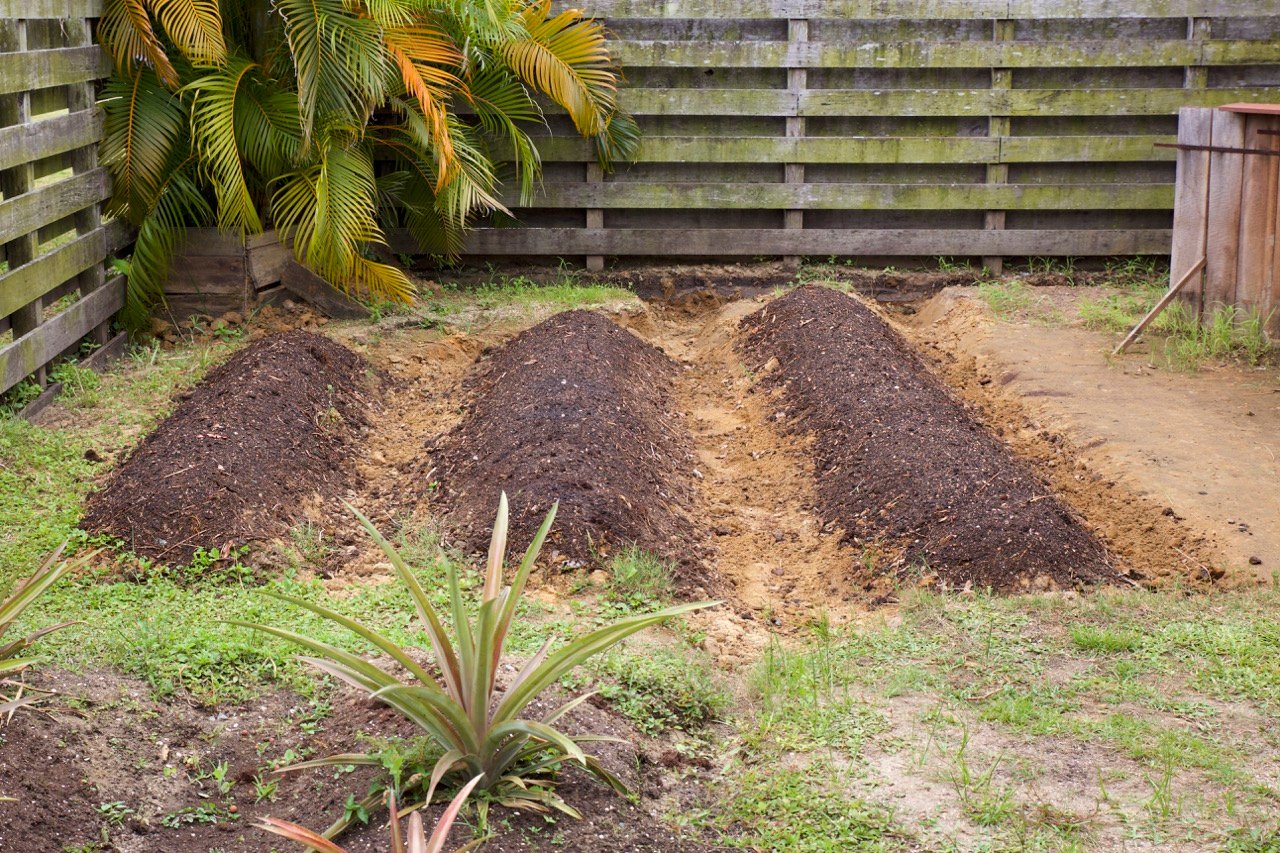
The end result
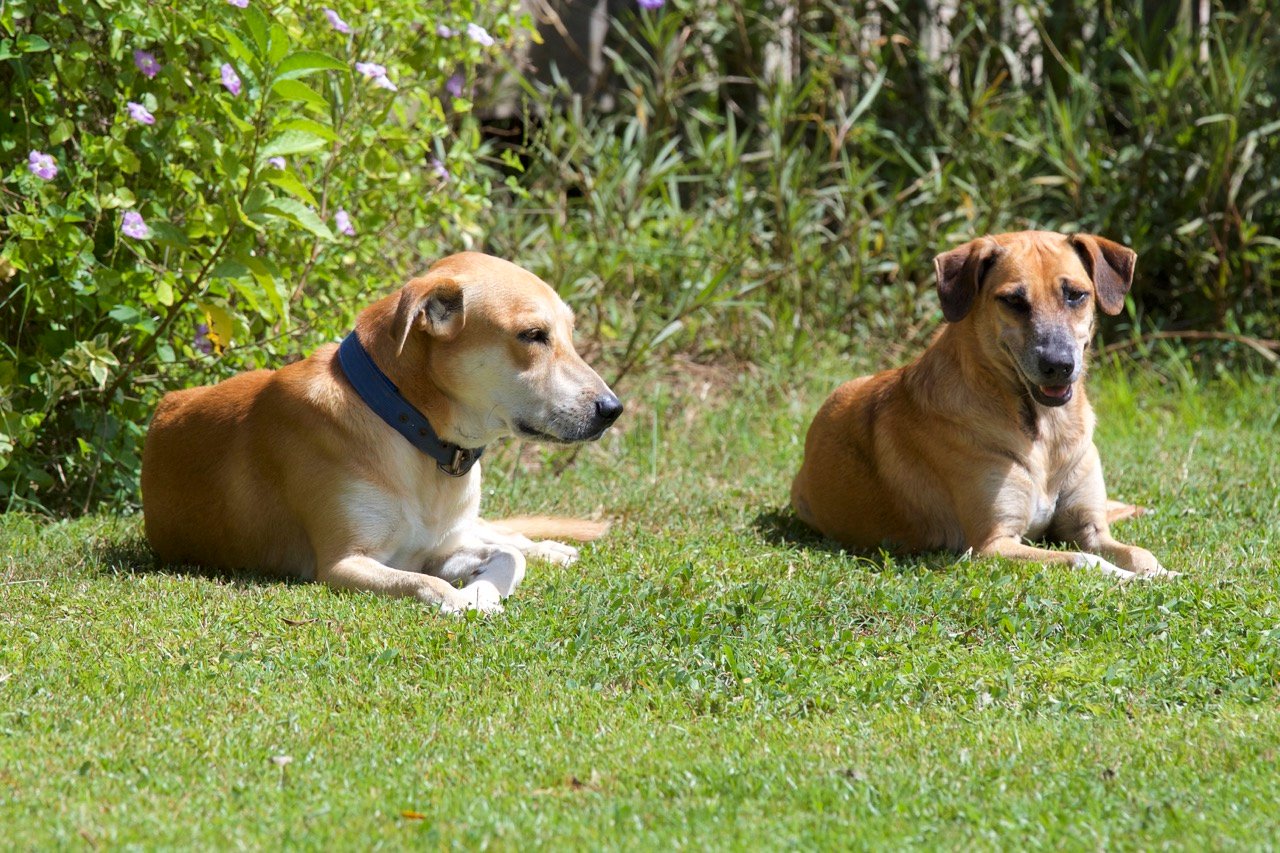
While I was breaking my back turning the soil the dogs were chilling in the sun.
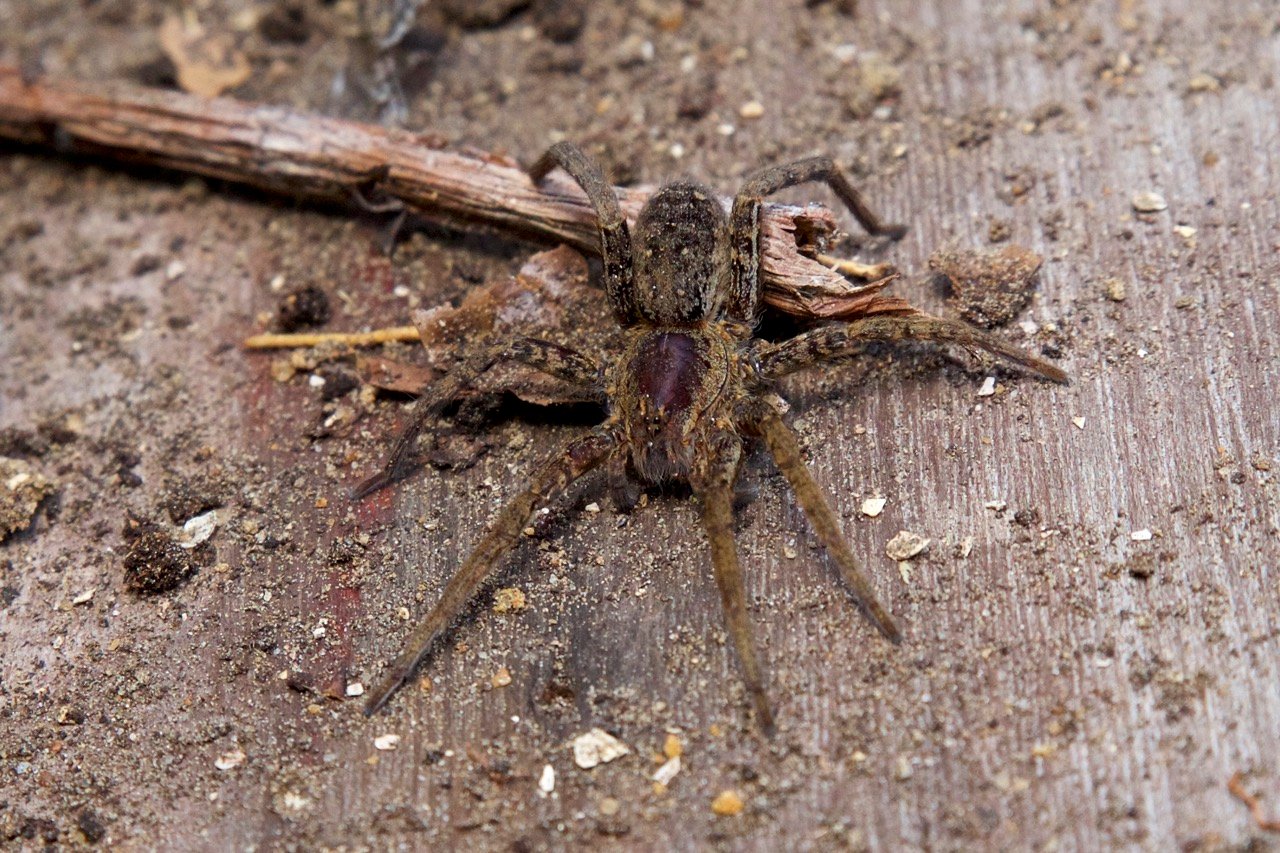
This little fellow showed up. It was probably living in the compost heap.
I use the no-dig gardening method. This is the only time that I’ll till the soil. Now I’ll put layer upon layer of compost on it. The compost will feed the soil and the soil will feed the plants.

Garden Update
Maybe you have seen my post in which I show you how easy it is to clone herbs.
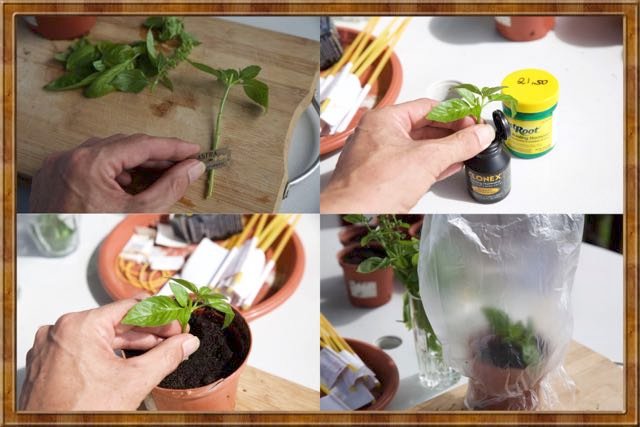
To make a clone I do the following:
• Cut off a shoot from the mother plant below the fourth or fifth node
• Remove the bottom leaves so that only 2 or 4 remain
• Dip the stem in rooting hormone
• Stick the clone in very moist compost
• Put a plastic baggie over it to keep the humidity high
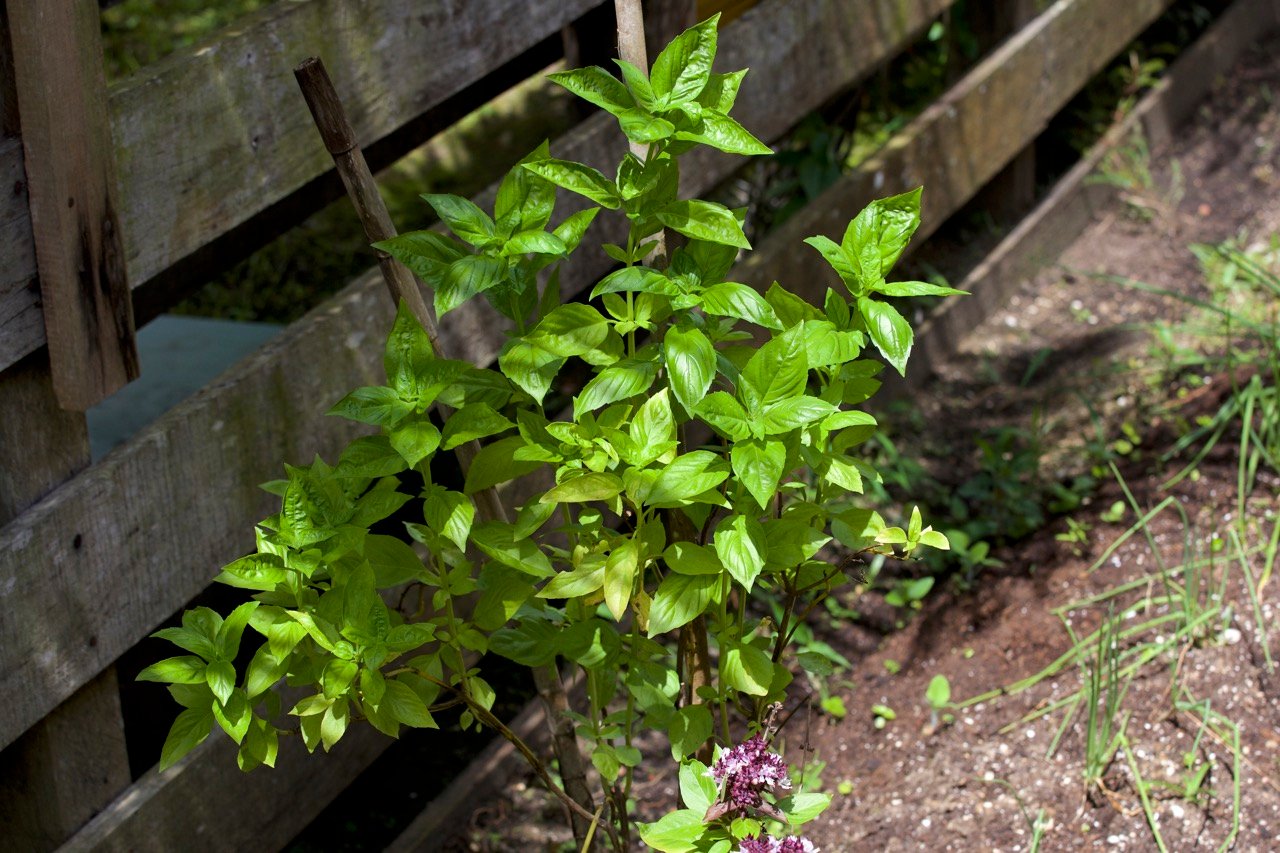
The basil that I cloned is doing very well and soon I’ll clone some more.
I also showed you how easy it is to grow pineapples from the leftover crowns.
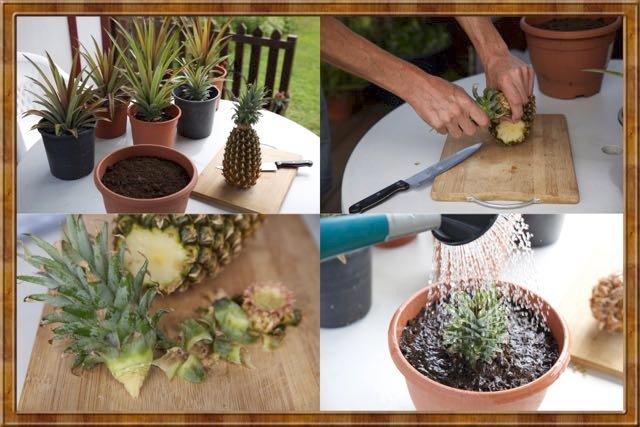
The method I use to grow a pineapple from a pineapple is as follows:
• Cut off the crown
• Twist off the remaining fruit
• peal off the bottom leaves
• Stick it in the potting compost and water it in
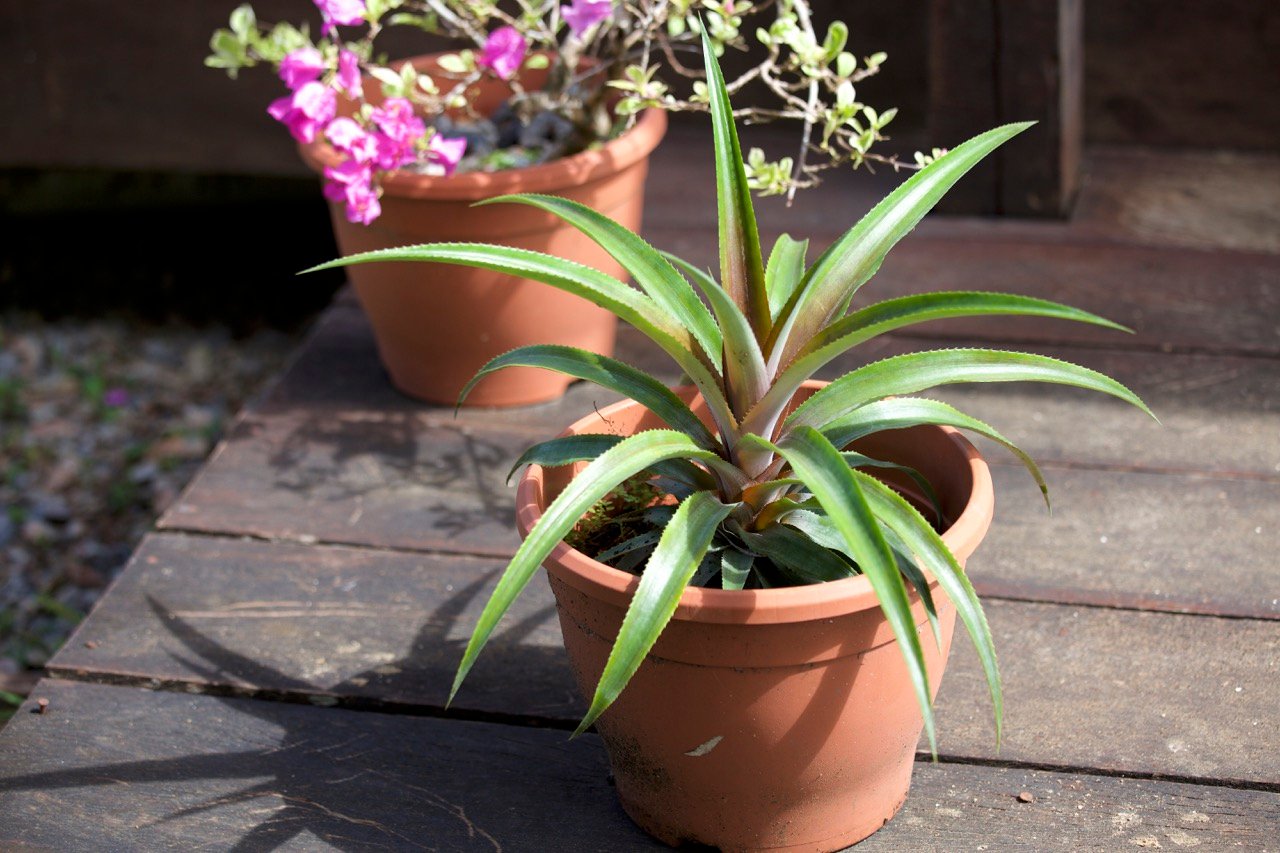
And this is how the pineapple looks now. The other ones that I planted are also doing very well and they are becoming really big. But it will be quite a while before they start producing fruit.
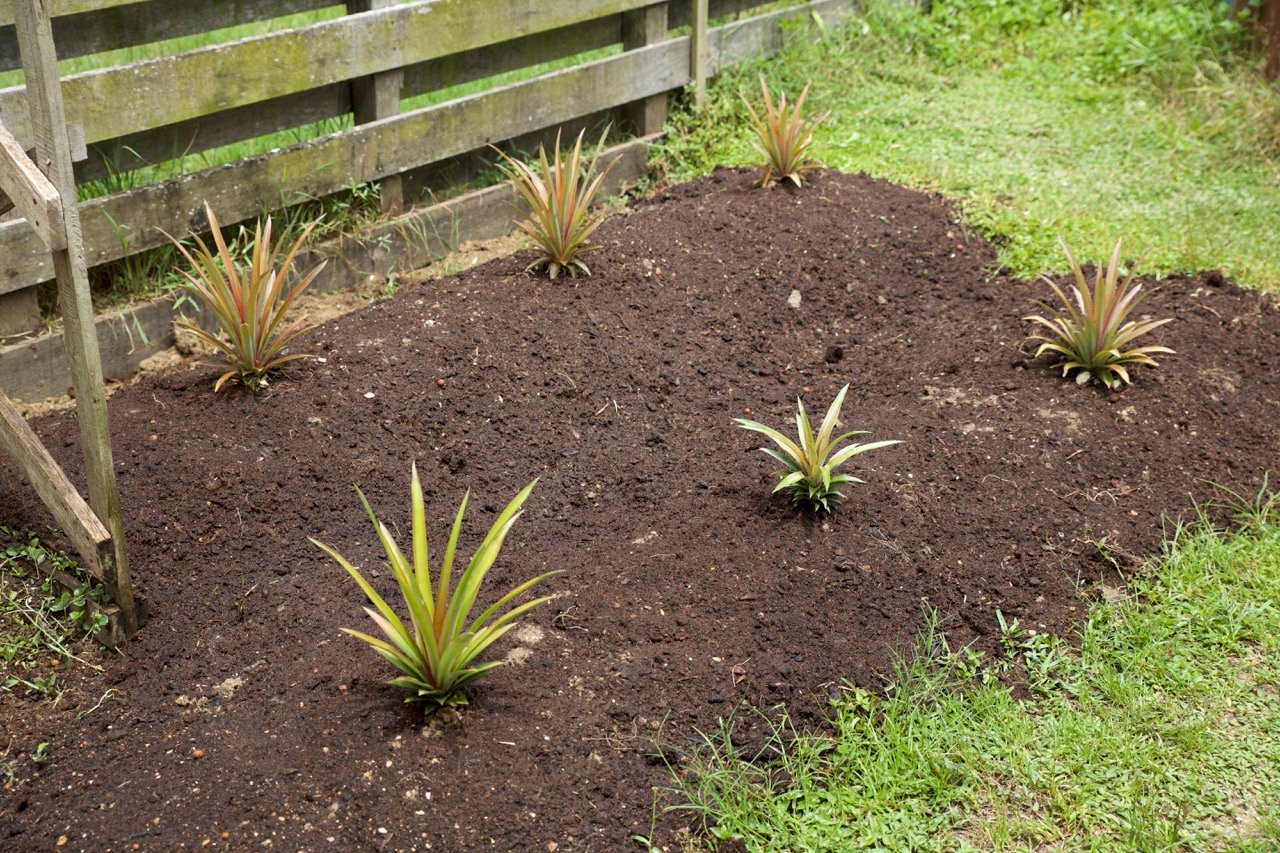
These pineapples were planted 6 months ago.
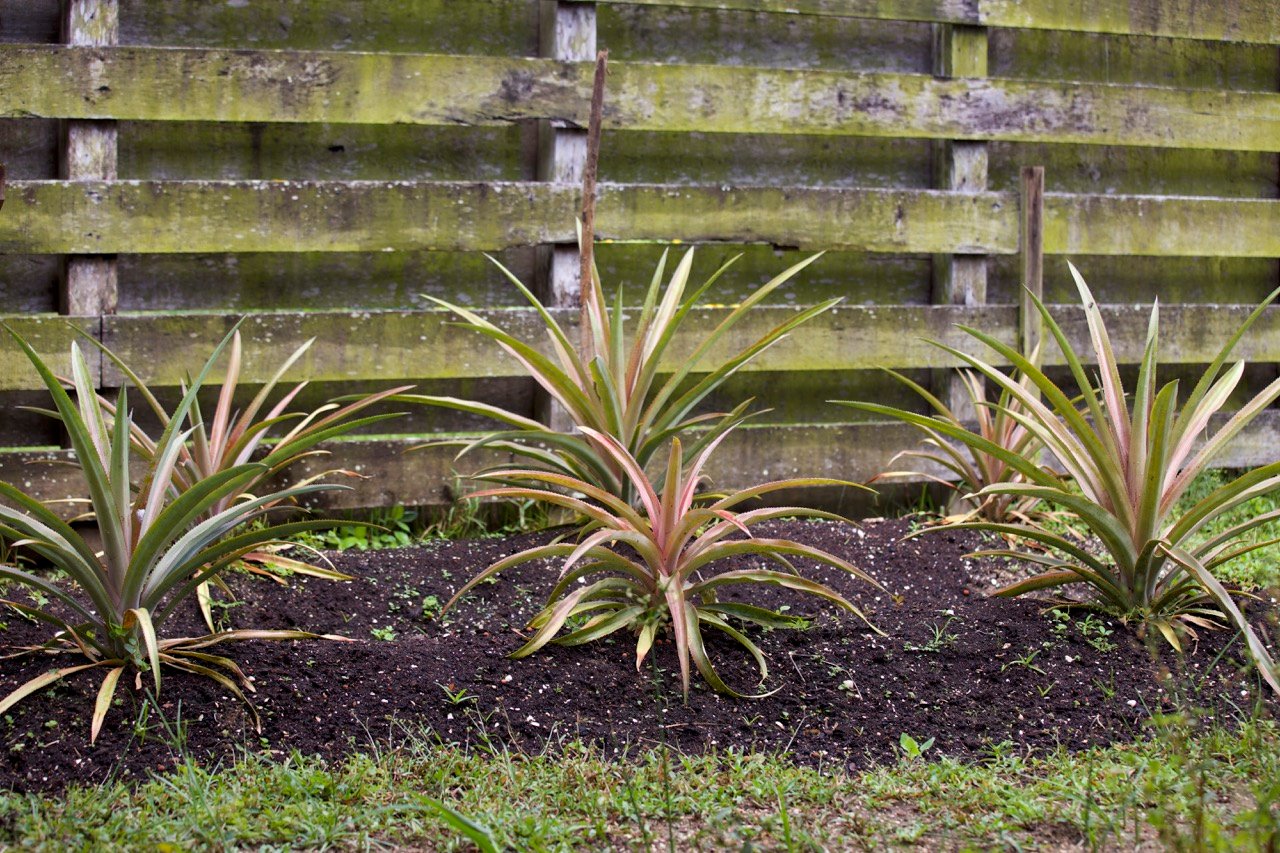
And this is how they look today.
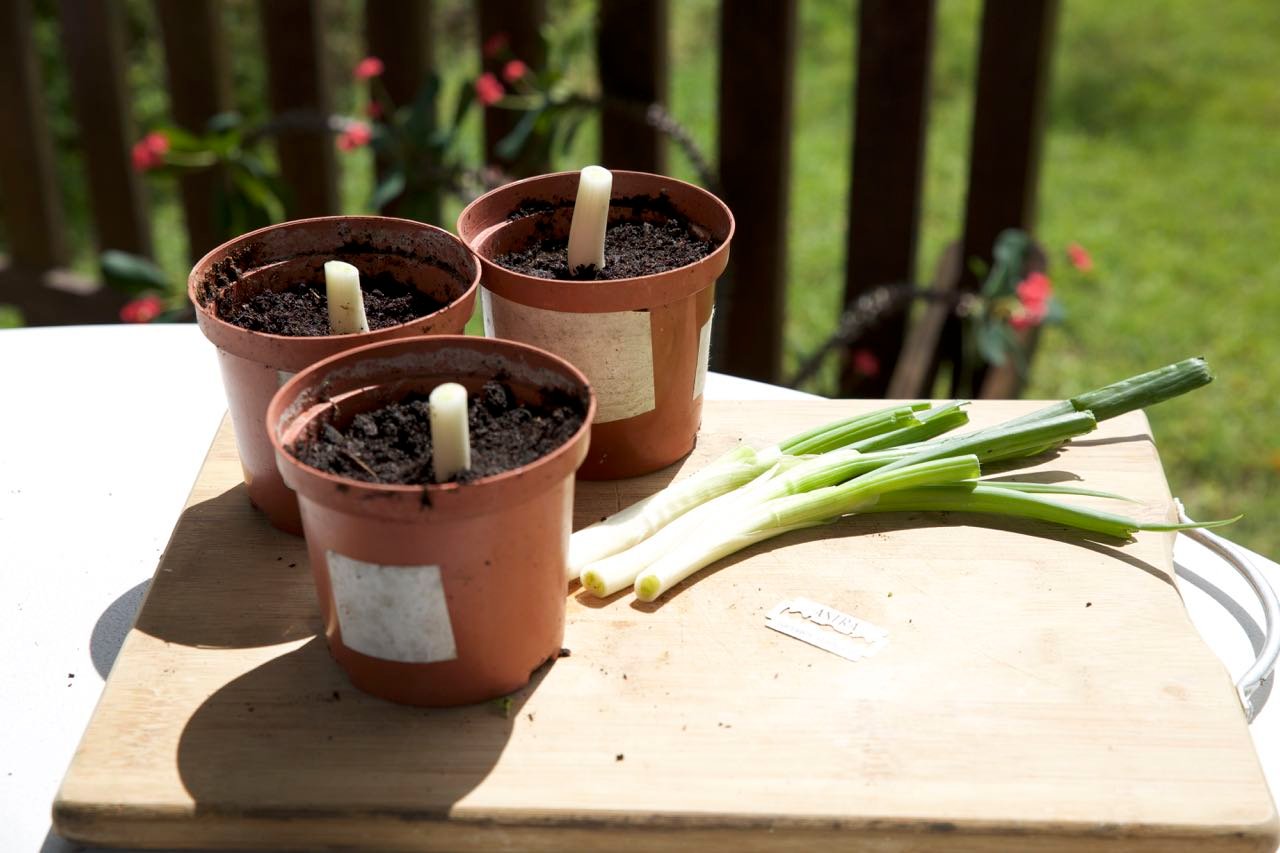
I also planted some spring onion that we bought. Initially I only had three plants but I've been multiplying them since and now we have a whole row of spring onion and we use it almost daily.
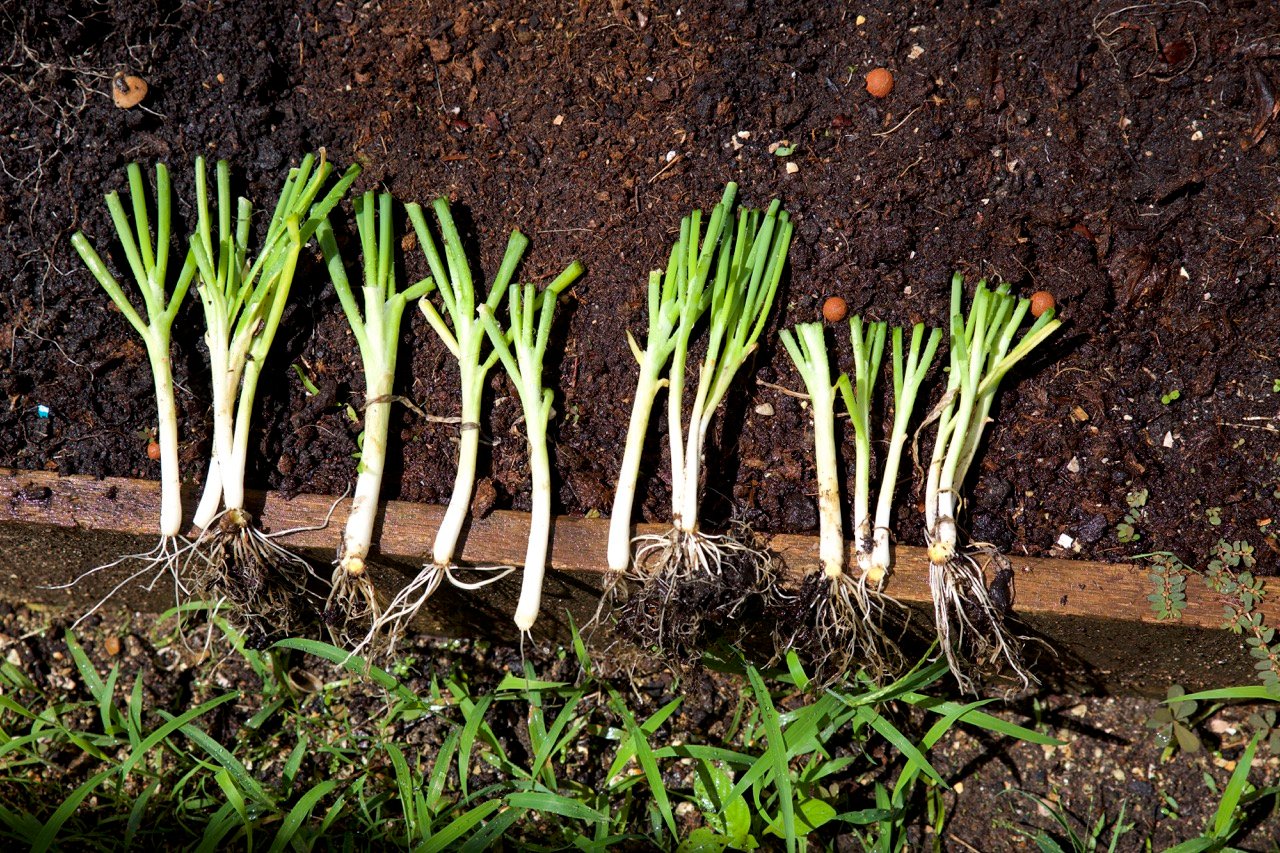
Use a sharp knife to separate them.
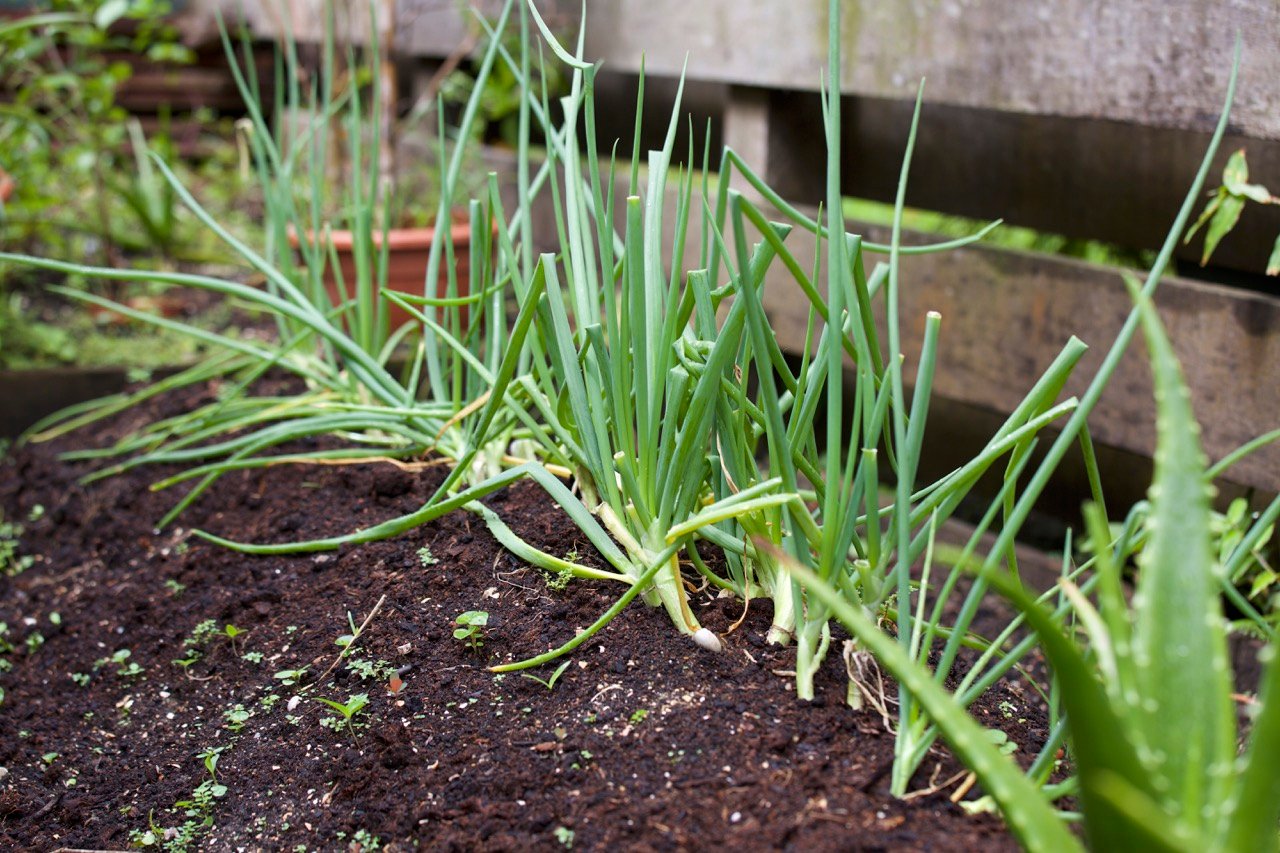
They keep multiplying and soon you have more than one can use.
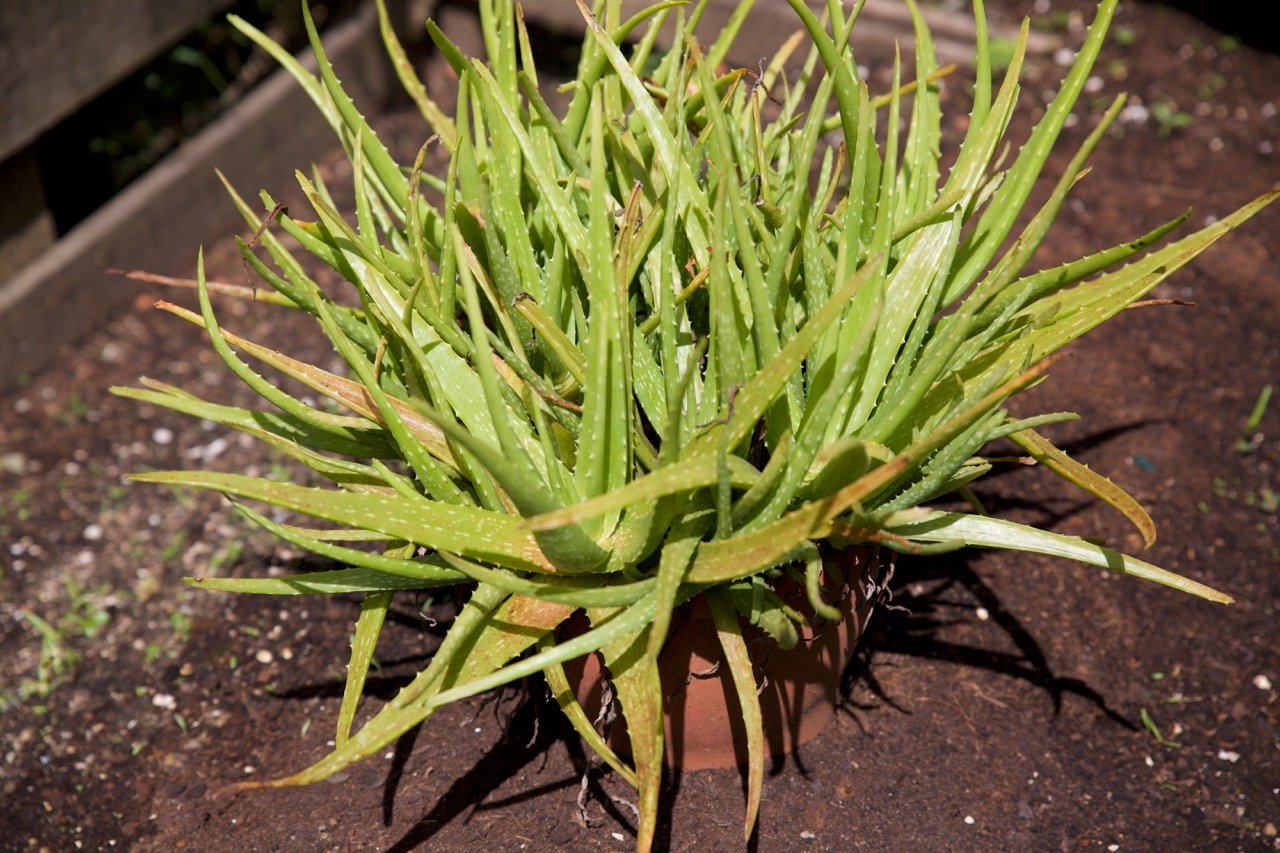
A couple of years ago we got one little aloe vera from friends. It has done ever so well and multiplied in its pot until it was completely potbound.
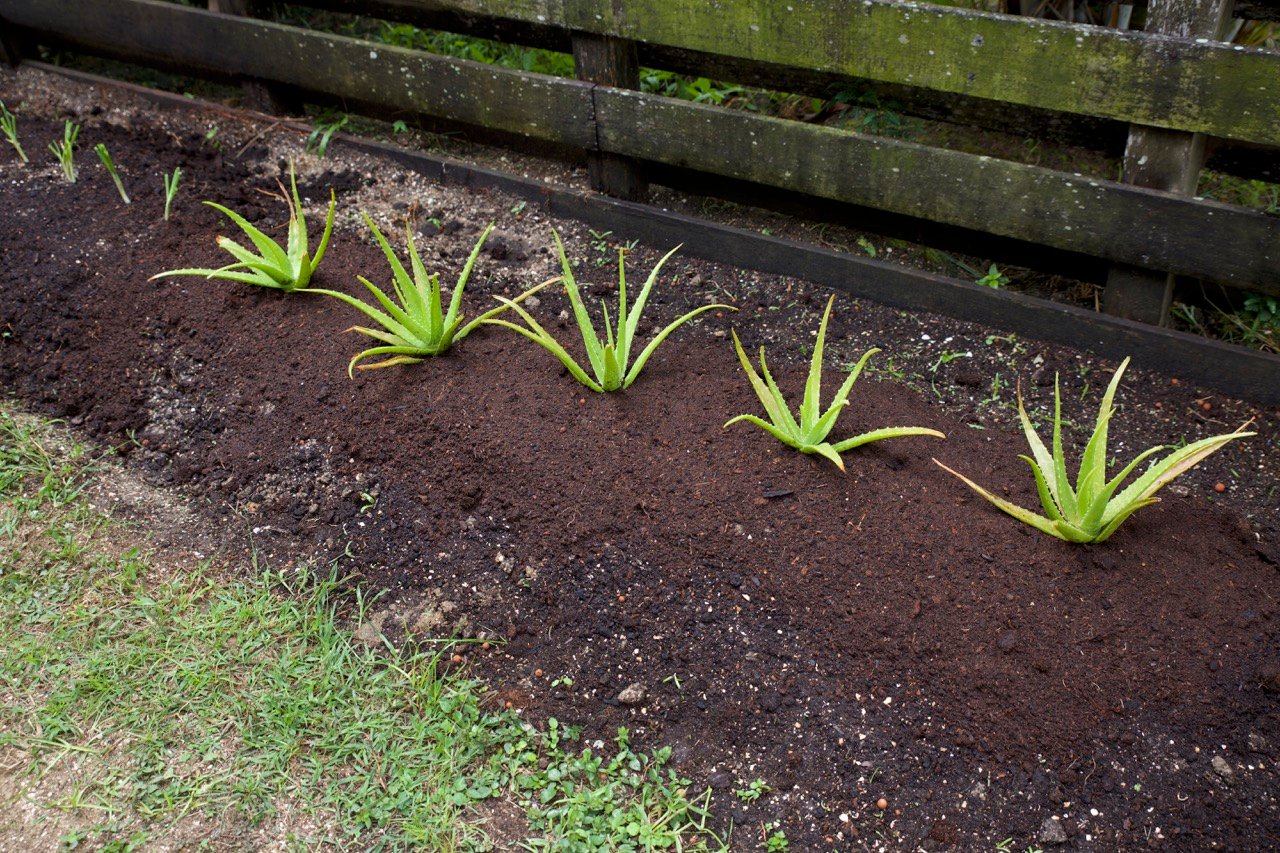
I decided to plant them in a row on a mound, this was about 3 moths ago?
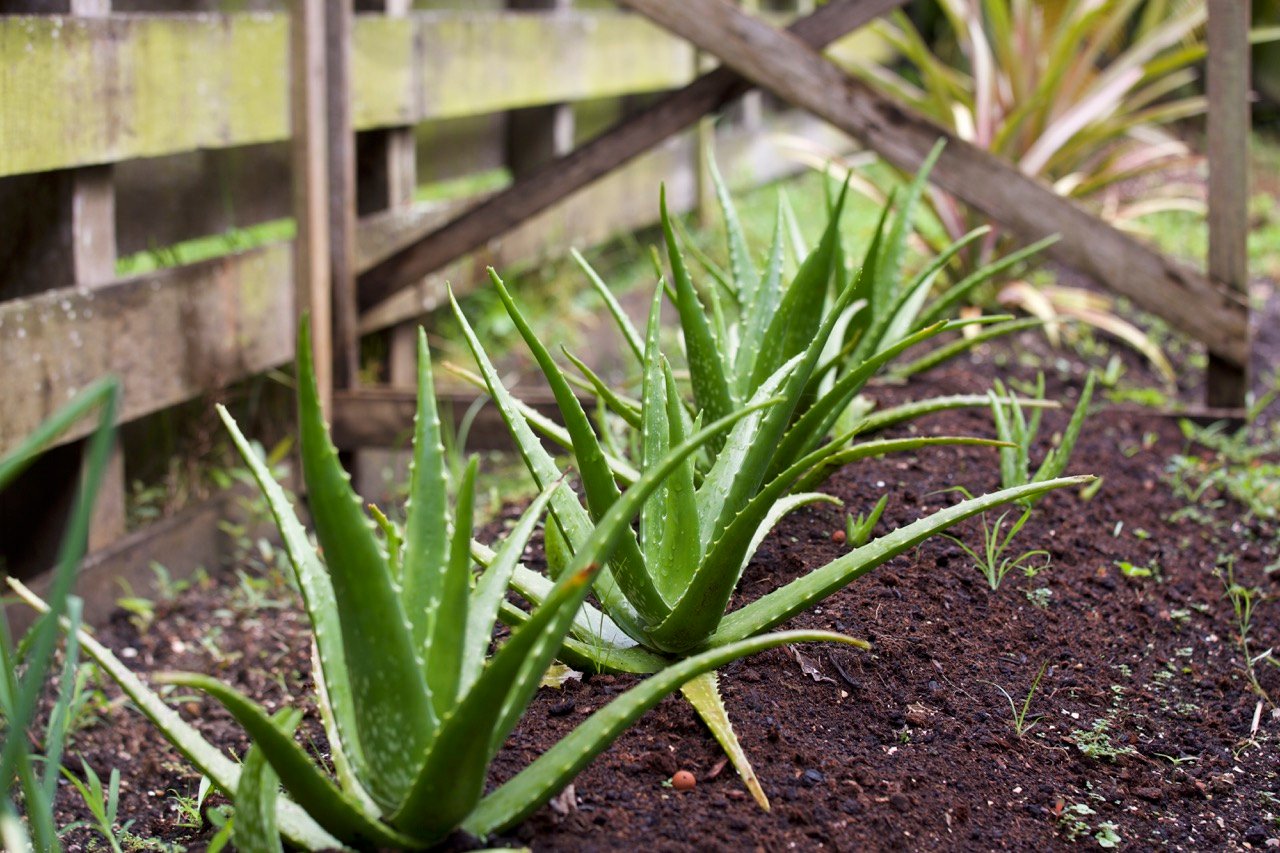
And this is how they look today. They are almost big enough to start using them. They are very healthy and are considered a superfood. You can make an aloe vera drink or use them in smoothies.

It's just a bit of gardening but I hope that you enjoyed this post nonetheless.
Keep it organic and much love,
Gardenbsquared

